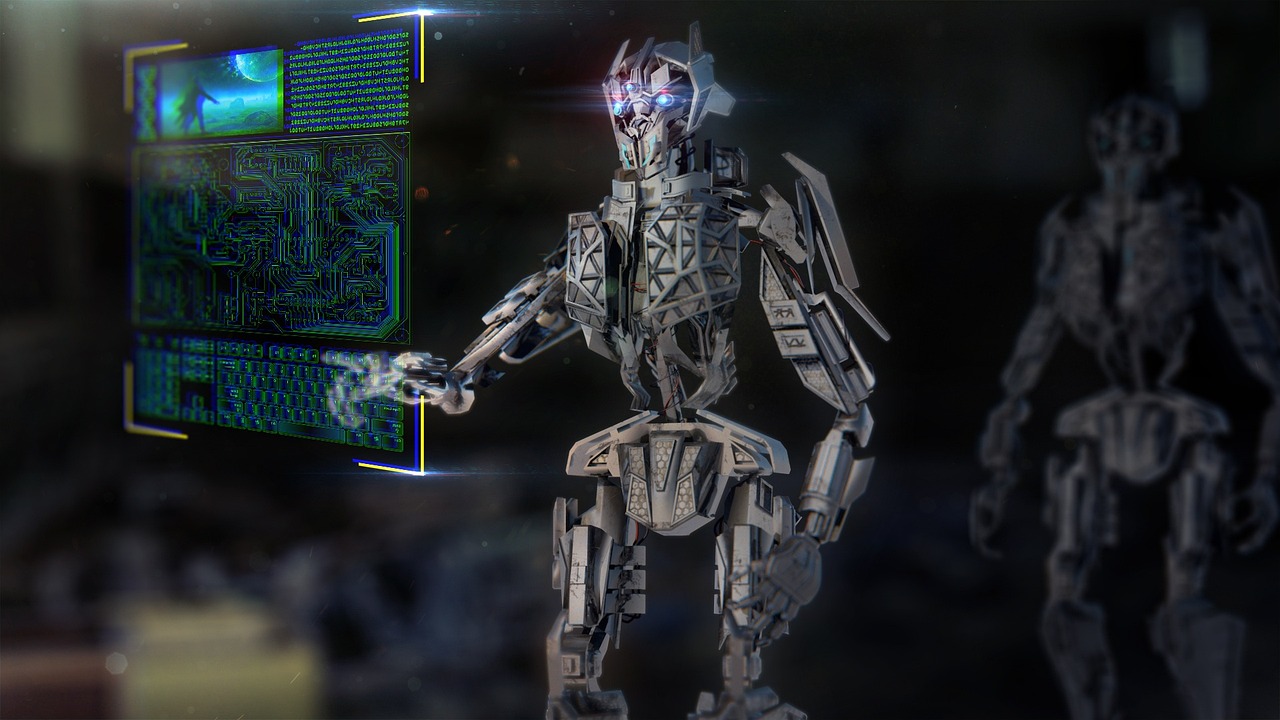
Hello Guys,
Artificial Intelligence (AI) has been rapidly advancing and transforming the world we live in. From self-driving cars to virtual assistants, AI is becoming an integral part of our daily lives. But it’s not just limited to our personal lives, AI is also making waves in the business world.
Artificial intelligence has become a buzzword in the business world in recent years. It is a term used to describe technologies that enable machines to perform human-like tasks such as learning, reasoning, and decision-making. These technologies are rapidly evolving and have the potential to revolutionize the way businesses operate.
In this article, we will explore the current state of artificial intelligence in business and discuss its potential future impact. We will examine how businesses are currently using artificial intelligence and how it may be used in the future. Additionally, we will look at the benefits and challenges that come with integrating artificial intelligence into business operations.
Artificial intelligence is not a new concept, but recent advances in technology have made it more accessible and powerful than ever before. Businesses are using AI to automate tasks, improve decision-making, and create more personalized experiences for customers. Some of the most common uses of AI in business include chatbots, predictive analytics, and machine learning.
Chatbots are a popular application of AI in the business world. They are virtual assistants that can interact with customers in a conversational manner. Chatbots are used to answer customer inquiries, provide product recommendations, and even process transactions. By using chatbots, businesses can provide 24/7 customer service while reducing the need for human customer service representatives.
Predictive analytics is another application of AI that businesses are using to gain a competitive edge. Predictive analytics involves using data to make predictions about future events. Businesses can use predictive analytics to anticipate customer needs, forecast sales, and optimize operations. By using predictive analytics, businesses can make better decisions and improve their bottom line.
Machine learning is an AI technique that enables machines to learn from data without being explicitly programmed. Businesses are using machine learning to improve processes such as fraud detection, recommendation systems, and supply chain optimization. By using machine learning, businesses can identify patterns and insights that would be difficult for humans to detect.
The benefits of AI in business are numerous. By automating tasks, businesses can save time and money. AI can also improve decision-making by providing insights that would be difficult for humans to detect. Additionally, AI can create more personalized experiences for customers, which can lead to increased loyalty and sales.
However, integrating AI into business operations also comes with its challenges. One of the biggest challenges is the lack of skilled professionals. AI requires specialized skills such as data science and machine learning. Businesses that want to integrate AI into their operations may struggle to find employees with the necessary skills.
Another challenge is the potential for bias. AI systems are only as unbiased as the data they are trained on. If the data used to train an AI system is biased, the system will also be biased. This can lead to unfair outcomes and damage to a company’s reputation.
Despite the challenges, the future of artificial intelligence in business looks promising. According to a report by PwC, AI is expected to contribute up to $15.7 trillion to the global economy by 2030. This is due to the potential for AI to improve productivity, create new products and services, and improve customer experiences.
In this article, we’ll take a look at the future of AI in business and how it’s poised to revolutionize the way we work.
AI in Business Today
AI is already being used by businesses across various industries to streamline operations, increase efficiency, and reduce costs. For example, in manufacturing, AI is being used for predictive maintenance to prevent machine breakdowns, reducing downtime and saving costs. In finance, AI-powered chatbots are being used to handle customer queries, reducing the need for human intervention. In healthcare, AI is being used for image recognition to diagnose diseases accurately.
The Future of AI in Business
The future of AI in business is bright, and it’s expected to revolutionize the way businesses operate. Here are some ways AI is poised to change the business landscape:
1. Automation of Routine Tasks
AI can be used to automate routine and repetitive tasks, freeing up employees to focus on more critical tasks that require human input. For example, AI-powered chatbots can be used to handle customer queries, freeing up human resources for more complex issues.
2. Data Analysis and Insights
AI has the ability to analyze large amounts of data quickly and accurately, providing valuable insights for businesses. This can help businesses make informed decisions, reduce costs, and increase efficiency.
3. Personalized Customer Experience
AI can be used to provide a personalized customer experience. For example, AI-powered chatbots can analyze customer data and provide customized recommendations based on their preferences.
4. Predictive Maintenance
AI can be used to predict when maintenance is required, reducing downtime and saving costs. This can be especially useful in industries such as manufacturing and transportation.
5. Improved Cybersecurity
AI can be used to detect and prevent cyber attacks, providing businesses with enhanced security measures to protect their data.
Challenges with AI in Business
While AI has the potential to revolutionize the way we work, there are also some challenges that need to be addressed. One of the biggest challenges is the lack of skilled professionals who can work with AI. Another challenge is the potential for bias in AI algorithms, which can lead to unfair treatment of certain groups of people.
Conclusion
The future of AI in business is bright, and it’s expected to change the way we work in significant ways. From automating routine tasks to providing valuable insights, AI has the potential to revolutionize the business landscape. However, there are also some challenges that need to be addressed, such as the lack of skilled professionals and the potential for bias in AI algorithms.


